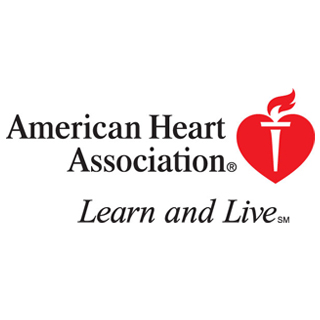
The analysis constituted a randomized and controlled clinical trial which showed that milk protein supposedly lowers blood pressure for individuals with pre-hypertension and stage-1 high blood pressure. The participants who received a milk protein supplement apparently had 2.3 millimeters of mercury less systolic blood pressure. This was not the case when they took a refined carbohydrate supplement. Those who took a soy protein supplement probably had a 2.0 mmHg lower systolic blood pressure when pitted against refined carbohydrate supplementation.
Systolic blood pressure is the top number in a blood pressure reading and measures the pressure when the heart undergoes contraction. Simple carbohydrate supplements were apparently not associated to a change in systolic blood pressure. The 352 persons who enrolled for the study seemed to have a growing risk of high blood pressure or moderate instances of the problem. Many studies have shown that a diet rich in low-fat dairy products appears to lower blood pressure.
“Some previous observational research on eating carbohydrates inconsistently suggested that a high carbohydrate diet might help reduce blood pressure. In contrast, our clinical trial directly compares soy protein with milk protein on blood pressure, and shows they both lower blood pressure better than carbohydrates,†shared He, an epidemiologist at Tulane University School of Public Health and Tropical Medicine in New Orleans, La.
Those who took part in the study were aged 22 and older, with systolic blood pressure in the range of 120 to 159 mmHg and diastolic blood pressure within 80 to 95 mmHg. Everyone was told to have 40 grams of soy and milk protein or a polished carbohydrate supplement each day until 8 weeks. The scientists examined the effects of soy or milk protein and refined complex carbohydrate on blood pressure with no alteration in the levels of sodium, potassium and calcium.
After the conclusion of the eight-week phase, it was followed by a three-week washout period. During this time, the study participants did not take the supplements. They received the 3 supplements in the form of identical powders submerged in liquid. Blood pressure readings were gauged 3 times at each of the two clinical visits prior to and 2 clinical visits after each eight-week duration ended. They thus calculated the cumulative blood pressure alteration for every supplement phase. The findings seemingly showed no reduction in diastolic blood pressure.
According to He, the systolic blood pressure differences that came to fore may seem small for individuals but they are essential for the overall population. It is known by initial studies that a 2mmHg reduction in systolic blood pressure supposedly results in 6% lesser stroke-related deaths, a 4% decrease in heart disease deaths and a 3% lower rate in overall mortality among Americans. The analysts believe that long-term studies would be required to make particular suggestions for dietary modifications.
The study is published in Circulation: Journal of the American Heart Association.
